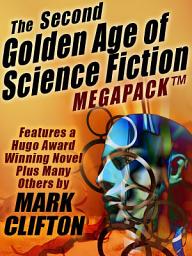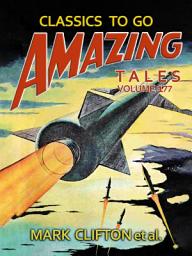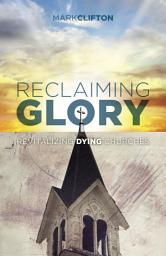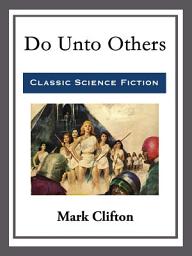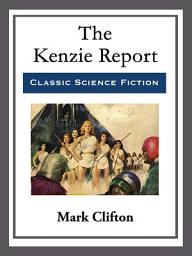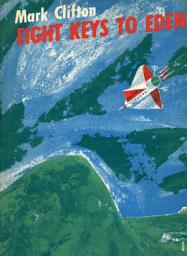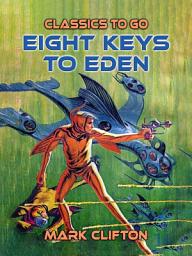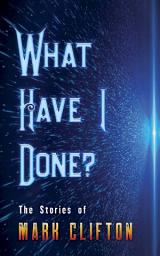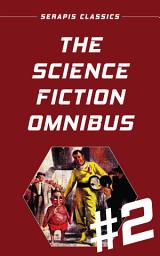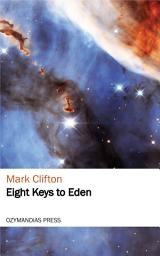Mark Clifton
Mark Clifton (1906-1963) was an American science fiction writer whose work left an indelible mark on the genre during the mid-20th century. Born in San Francisco, Clifton's professional life was as varied as his literary output; he worked as a personnel manager and a psychologist, experiences that deeply informed his writing. Clifton's stories often explored the intersection of human psychology and futuristic technology, making him a pioneer in the genre's exploration of human-machine relationships. Clifton's most notable contribution to science fiction was his collaboration with Frank Riley on the novel "They'd Rather Be Right" (1954), which controversially won the Hugo Award for Best Novel. The book delved into themes of human potential and societal resistance to change, sparking debates that still resonate today. Despite the controversy, Clifton's work was groundbreaking in its optimistic view of human evolution and potential. His influence on contemporary writers is significant; Clifton's nuanced characters and psychological depth paved the way for later authors like Philip K. Dick and Ursula K. Le Guin, who similarly blended speculative fiction with profound human insights. Clifton's short stories, many of which appeared in prominent science fiction magazines, were known for their wit, intelligence, and often satirical edge. Mark Clifton remains a fascinating figure in science fiction history, not just for his literary achievements but also for his forward-thinking ideas about humanity's future. His work continues to inspire and provoke thought, making him a timeless figure in the ever-evolving landscape of speculative fiction.
Ebooks
